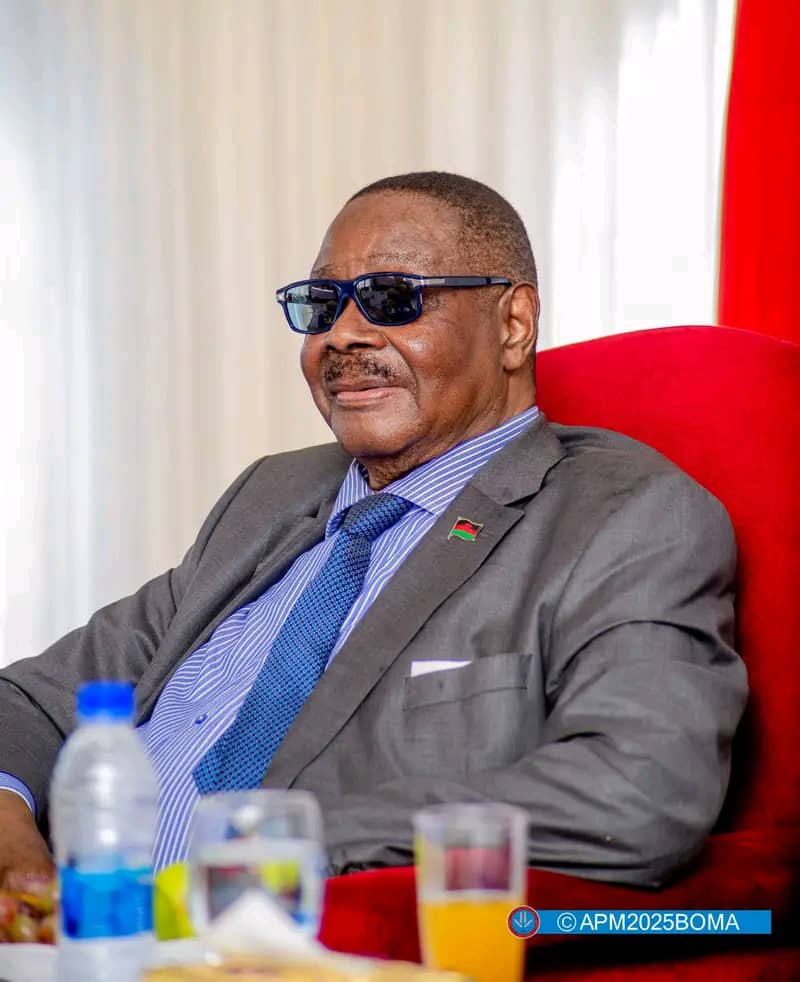By Burnett Munthali | Malawi Freedom Network
The Democratic Progressive Party (DPP) manifesto lays out an ambitious plan to rescue Malawi’s economy through robust fiscal consolidation measures.
According to the manifesto, these fiscal measures are projected to save the country approximately K5.15 trillion.
The funds saved will be directed towards reducing the nation’s public debt, a critical step in improving the domestic primary balance from negative to positive.
Moreover, the manifesto emphasizes the intention to reinvest these resources directly or through Public-Private Partnerships (PPP) into growth-driving projects identified under Malawi Investment Plan 1 (MIP-1).
The DPP commits to stabilizing the exchange rate, pledging a stable and predictable foreign currency environment within six months of assuming office.
To achieve this, the party plans to collaborate closely with the International Monetary Fund (IMF) to design an Extended Credit Facility (ECF) programme tailored to Malawi’s unique economic realities.
In addition, the DPP aims to secure ten-year financial arrangements ranging between USD 1.5 billion and USD 2 billion with regional and international financial institutions.
These arrangements are intended to bolster the official foreign reserve position of Malawi, thus enhancing economic stability.
A critical intervention includes reintroducing a Government-guaranteed revolving Letter of Credit (L/C) facility worth US$500 million.
This facility will be set up between the Reserve Bank of Malawi and selected regional banks to finance strategic imports such as fuel, fertilizer, and medicines.
The manifesto also promises to reverse recent policy decisions perceived as detrimental to currency management.
Specifically, it will reverse the transfer of Foreign Currency Dominated Accounts (FCDAs) from commercial banks to the Reserve Bank of Malawi.
Furthermore, the DPP pledges to revoke negative exchange control regulations affecting FCDAs owned by Non-Governmental Organizations, foreign missions, and Malawians living in the diaspora.
Similarly, restrictions on the mandatory conversion of export receipts will be rolled back.
These steps are expected to narrow the parallel market premium, contributing to a more stable exchange rate.
The manifesto acknowledges the severe economic crisis facing Malawi as of the 2025 general elections.
It highlights that consumer spending has drastically decreased compared to five years prior, severely impacting businesses across the country.
Many companies have resorted to layoffs or halted new investments, while export activities have nearly stalled.
At the same time, inflation has soared above 30%, the highest in a decade, compounding economic challenges.
To address these issues, the DPP proposes a hybrid monetary policy approach aimed at stimulating economic activity and curbing inflation simultaneously.
The party intends to set the monetary policy rate at a level that maintains positive real interest rates, a strategy designed to tame inflation.
Reserve money growth, which stood at 26% at the start of 2025, is targeted to slow to 10% by the end of 2028.
Similarly, the Reserve Bank’s net lending to the government will be contained, and broad money growth will decelerate from 17.9% in 2025 to 10% by 2028.
The manifesto also confronts the country’s debt crisis head-on.
As of the end of 2024, Malawi’s total public debt was recorded at K16.19 trillion, equating to roughly 86.4% of GDP.
This high level of indebtedness poses a significant risk to economic stability and growth.
Of particular concern is the structure of the debt portfolio, which is heavily weighted towards short-term obligations.
About 38.5% of Malawi’s total public domestic debt is scheduled to mature within 2025 alone.
This presents a pressing challenge for debt management and refinancing in the near term.
The manifesto signals the need for prudent debt management policies to avoid default and to restore fiscal health.
In summary, the DPP manifesto outlines a comprehensive set of fiscal, monetary, and exchange rate policies aimed at stabilizing Malawi’s economy.
The success of these measures will be vital to reversing the current economic decline, controlling inflation, and setting the foundation for sustainable growth and development.
Malawi’s economic future hinges on disciplined implementation of these strategies and transparent management of public resources.




